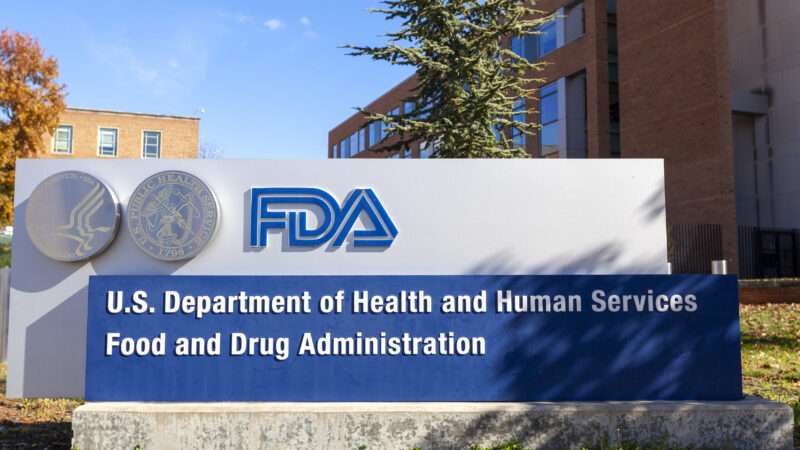
As earlier threatened, the Food and Drug Administration (FDA) has just issued new rules that will significantly slow down the development of new diagnostic tests. Specifically, the agency requires that all laboratory-developed tests (LDTs) be submitted to its regulators before the tests can be offered to patients and physicians. As I explained earlier, LDTs are in vitro diagnostic (IVD) tests for clinical use that are designed, manufactured, and performed by individual laboratories. They can diagnose illnesses and guide treatments by detecting relevant biomarkers in saliva, blood, or tissues; the tests can identify small molecules, proteins, RNA, DNA, cells, and pathogens. For example, some assess the risks of developing Alzheimer's disease or guide the treatment of breast cancer.
Until now, the FDA had not sought to exercise regulatory control over the development and deployment of such tests.
"LDTs are being used more widely than ever before—for use in newborn screening, to help predict a person's risk of cancer, or aid in diagnosing heart disease and Alzheimer's. The agency cannot stand by while Americans continue to rely on results of these tests without assurance that they work," said FDA Commissioner Robert M. Califf in a press release.
Interestingly, most of the thousands of current LDTs must be OK since the new FDA rules grandfather them in. As the agency reasonably observes, imposing its new regulations now would result in "the risk that laboratories may stop offering safe and effective tests on which patients and the healthcare community currently rely." Well, yes. The unstated flip side of this observation is that the new costs and red tape will almost inevitably result in the development of fewer safe and effective LDTs that would otherwise have been available to future patients and clinicians.
"Laboratory developed testing services are not medical devices and subjecting them to medical device regulation will harm patient access to needed testing and compromise innovations that drive personalized medicine," said American Clinical Laboratory Association President Susan Van Meter in a statement. "The rule will limit access to scores of critical tests, increase health care costs, and undermine innovation in new diagnostics." That sounds about right.
The post FDA Once Again Stands Athwart Biomedical Innovation, Yelling 'Stop!' appeared first on Reason.com.







